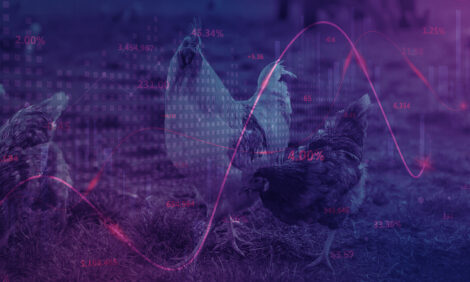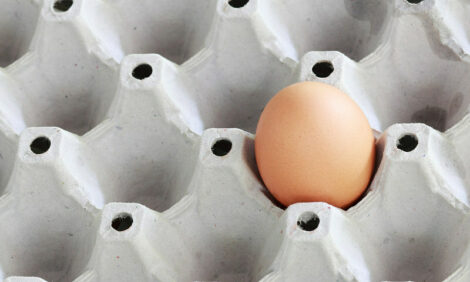



Study: chicken manure and local crop by-products generates a quality fertilizer
Chicken manure, olive grove waste and cereal straw create high-value and quality compostPopulation growth and increased consumption generate an increase in the quantity and variety of waste. For years, research has been looking for strategies to recover this waste that, under the umbrella of the circular economy, provide environmental, social and economic benefits to society.
At the agricultural level, during the last decades there has been an intensification and concentration of agricultural and livestock activity in very localized areas, causing problems in the management of the waste generated.
In this sense, a multidisciplinary research team from the University of Córdoba led by the researcher from the Chemical Engineering group Mª Ángeles Martín and made up of researchers from that group and with the participation of the researcher Adolfo Peña Acevedo from the Hydrology and Agricultural Hydraulics group, have focused on finding solutions to agricultural waste generated in the province of Córdoba.
The poultry industry in the province generates large quantities of chicken manure, a waste known as poultry manure that must be treated properly for environmental reasons. By adding chicken manure to the by-products of two predominant crops in the province such as olive trees and cereals, the research team has managed to generate an organic fertilizer resulting from the valorization of these wastes through the 'co-composting' process (controlled degradation of organic waste by mixing solid organic waste). In this way, a product of high agronomic value is obtained from agricultural waste.
The evaluation of the technical feasibility of co-composting chicken manure, alperujo and olive tree pruning remains with cereal straw at the Coto Bajo composting plant in Córdoba involved monitoring the process in terms of quality and stability of the final product, as well as the odorous impact derived from the treatment, since one of the main problems of fertilizers from manure is the emission of unpleasant odors.
To avoid bad odor, as a novelty in the study, a fermentative treatment of the mixture prior to the co-composting process was included, which facilitated the decomposition of organic matter and minimized odor emissions.
The combination of both treatments (fermentation and co-composting) has made it possible to obtain a sanitized, stable and quality final product with the consequent environmental and economic benefit derived from the recovery of waste.
Toledo, M., Gutiérrez, M.C., Peña, A., Siles, J.A., Martín, M.A. (2020). Co-composting of chicken manure, alperujo, olive leaves/pruning and cereal straw at full-scale: Compost quality assessment and odor emission. Process Safety and Environmental Protection. Volume 139, July 2020, Pages 362-370. https://www.sciencedirect.com/...
Headline image shows researchers Mª Ángeles Martín and José Antonio Siles with part of the Chemical Engineering group. Image courtesy of the University of Córdoba.








